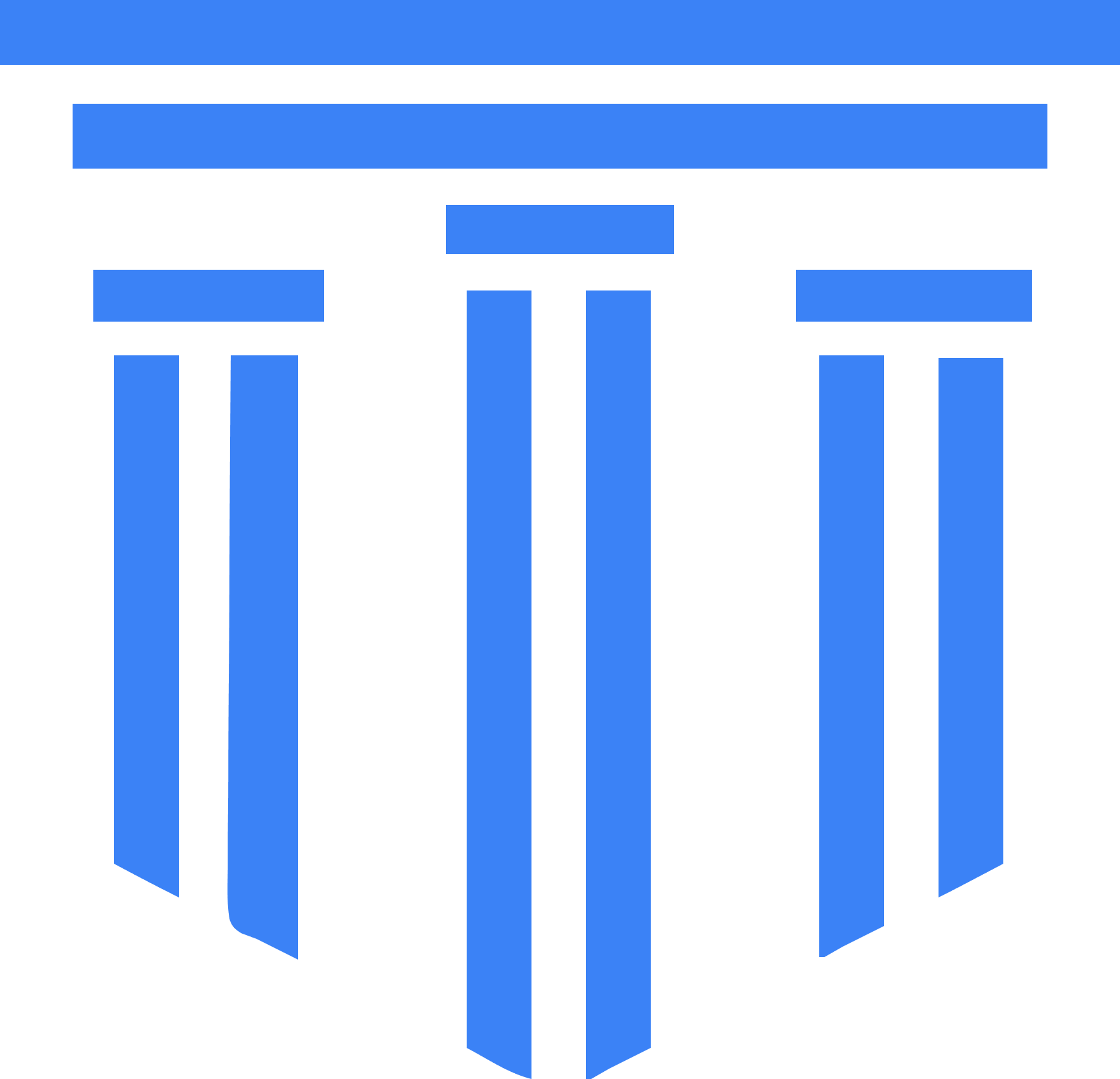CQRS
CQRS (Command Query Responsibility Segregation) is a core architectural pattern in DomusJS, designed to separate commands (write operations) from queries (read operations).
This separation improves:
✅ Scalability.
✅ Maintainability.
✅ System clarity.
What is CQRS?
Section titled “What is CQRS?”CQRS means you split the way your system handles:
- Commands → actions that change system state (e.g., create user, update profile).
- Queries → actions that read data (e.g., get user by ID, list videos).
By separating these flows, you can:
- Optimize read and write models independently.
- Keep your business logic explicit and modular.
- Scale reads and writes differently if needed.
CQRS in DomusJS
Section titled “CQRS in DomusJS”DomusJS provides:
- A CommandBus to dispatch commands to handlers.
- A QueryBus to execute queries through dedicated handlers.
Example command:
import { Command } from '@domusjs/core';
export class RegisterUserCommand implements Command { static TYPE = 'REGISTER_USER'; readonly type = RegisterUserCommand.TYPE;
constructor( public readonly email: string, public readonly password: string ) {}}Example query:
import { Query } from '@domusjs/core';
export class GetUserByIdQuery implements Query { static TYPE = 'GET_USER_BY_ID'; readonly type = GetUserByIdQuery.TYPE;
constructor( public readonly userId: string ) {}}Registering Handlers
Section titled “Registering Handlers”import { container } from 'tsyringe';import { CommandBus, QueryBus } from '@domusjs/core';import { registerCommandHandler, registerQueryHandler } from '@domusjs/infrastructure';
const commandBus = container.resolve<CommandBus>('CommandBus');const queryBus = container.resolve<QueryBus>('QueryBus');
registerCommandHandler(commandBus, CreateUserCommand, CreateUserHandler);registerQueryHandler(queryBus, GetUserQuery, GetUserHandler);Each handler focuses only on its responsibility.
- Commands: run side effects, change data, emit domain events.
- Queries: retrieve data, never modify state.
Benefits of Using CQRS
Section titled “Benefits of Using CQRS”- Clearer separation between reads and writes.
- Easier to maintain complex business logic.
- Better scalability: scale queries separately from commands.
- Flexibility to evolve read models (e.g., caching, denormalization) without touching write logic.
When NOT to Use CQRS
Section titled “When NOT to Use CQRS”CQRS adds complexity — you may not need it if:
- Your system is small and CRUD operations are sufficient.
- You don’t need different read/write scaling.
But for growing systems, CQRS gives you a solid foundation for clean, scalable design.
